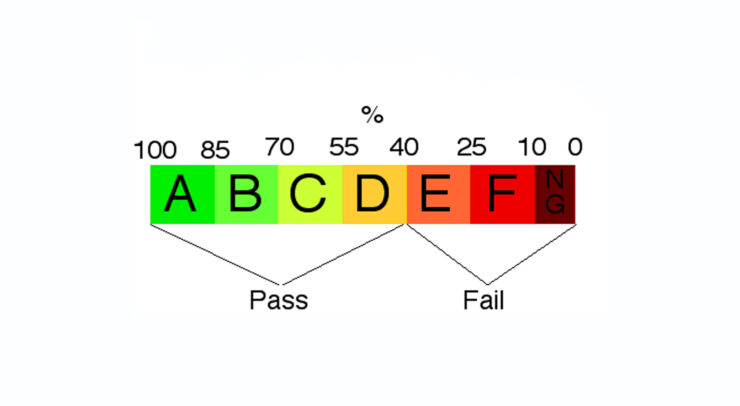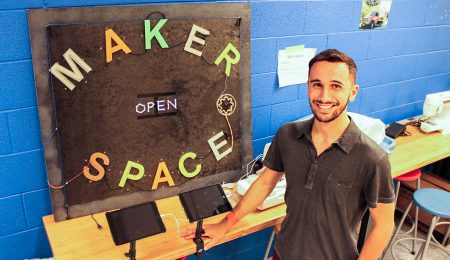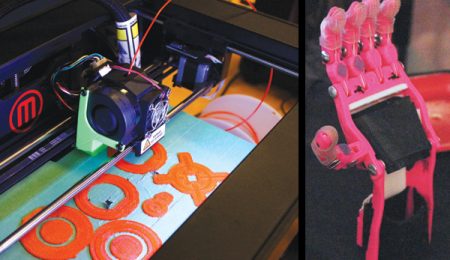The engineering faculty at UoW is too competitive for their own good
Picture this: You’re a grade 12 student, whose proficiency in physics has led you to apply to the engineering program at the University of Waterloo. Months pass by without a word when one day, you get an email from the university. Nervously, you click on the email and you see the words “unfortunately we are unable…” and your heart shatters. You thought you did everything right—your marks were far above the admission average. So, what went wrong?
This is a situation many students in the Hamilton and Niagara region are facing. Not satisfied with their already extremely difficult application process for engineering, the University of Waterloo decided to toughen it up. According to a recent CBC article the engineering faculty has created a list of 73 local high schools, ranked based off how much previous graduates’ marks had dropped since entering the program.
What really grinds my gears about this, is who actually gets to pick their high school? Now beyond some regional program schools, or IB schools, the reality for most people is that you just go to the school nearest you. So basically, if you live in the communities like Niagara or Hamilton that have schools with low ranking, sucks to suck. It doesn’t matter if you are capable, because you live in a specific region you will now be penalised for something that isn’t your fault to begin with.
They argue that because so many students apply, they don’t want to give a spot to a person who has “inflated” marks when that spot could go to someone who really deserves it. How noble. I think that that statement in itself is quite a claim to make.
Just because students’ mark drop when entering university, especially in such a highly competitive program, that doesn’t necessarily mean their marks were inflated. Every teacher marks differently, even within one school, so there will always be discrepancies with marks—not just school to school, but instructor to instructor.
In my opinion, expecting the transition to be smooth and effortless is unreasonable, and that’s true for all post-secondary institutions alike. Some people do better, others fail miserably. That’s life.
This issue can easily be resolved if the university adds an interview aspect to the application process. By doing so they can judge the students one-on-one, rather than just compare their marks to previous students from the school.
Besides, the sample size of students from each school isn’t disclosed. If a school has a large amount of students entering the engineering program, this can average out the amount that marks drop by, as opposed to only one student failing from a different high school which will drastically decrease the percentage. Until these numbers are concrete, it would be outrageous to adopt such a restrictive method. In my opinion, this is textbook discrimination based off of place of residence.
The simple fact that no other institution has adopted this system (even McMaster, who has similarly stringent admission requirements) shows just how unreasonable, unreliable, and unbelievable this process can be.
My advice? Save your money. Don’t bother paying your tuition (or even the application fee) to a school that sees you for your high school and not your potential.





